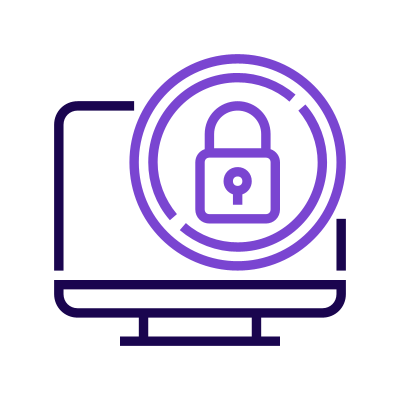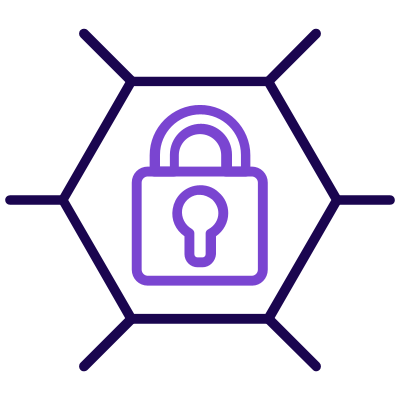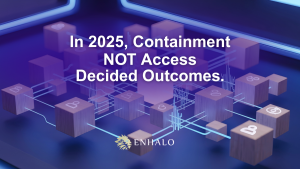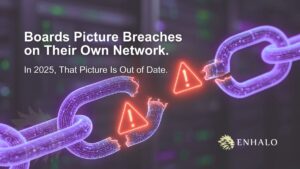Is the username for your privileged accounts “admin”? Do you have so many accounts that there is some no one even knows about?
A Secret Server, Privileged Account Management (PAM) solution stores all passwords in encrypted form and secures and manages all types of privileges using an intuitive administration interface. The Secret Server empowers your security and IT teams with the control needed to protect your infrastructure and network. Secret Server makes powerful PAM easy.
But what are privileged accounts?
Privilege accounts permit access to sensitive and business-critical resources and give users administrative control over networks.
The typical privileged account user can install software and hardware, access sensitive data, reset passwords for others, log into all machines in a network, and change IT infrastructure systems with elevated privileges.
Despite the sophisticated IT environments, privileged accounts are often managed by using the same passwords across multiple systems, sharing credentials without authorization, and not changing default passwords, posing a serious security risk to organizations.
The most common types of privileged accounts across organizations
Accessed by Humans
Local Admin Accounts
Typically used by IT to perform maintenance or set up new workstations.
User Accounts
While they often have unique and complex passwords, the accounts are shared among several users, making them high risk.
Domain Admin Accounts
With access to all workstations and servers and the ability to modify members of all accounts, compromised domain admin accounts are seen as the worst-case scenario.
Emergency Accounts
Emergency accounts, or ‘break glass’ accounts, provide unprivileged users with admin access to secure systems in case of an emergency.
Accessed by Non-Humans
Service Accounts
Used by an application or service to interact with an organization’s operating system, these are usually local or domain accounts.
Application Accounts
These accounts are used by applications to access databases and provide access to other applications. Often the case with application accounts is that their password is stored in an unencrypted text file, which everyone has access to – including hackers.
Infrastructure Accounts
While a little obvious but equally easily missed at times, accounts that access infrastructure – whether on-prem or in the cloud – are highly privileged accounts.
Why adopt an aggressive privileged account security posture with Secret Server?
In general, the more privileges and access a process, user, or account has, the more opportunity there is for abuse, exploit, error, or misuse. An attacker can access virtually any information in a company’s IT network with only one compromised privileged account. Therefore, the power of privileged accounts makes them an attractive target for hackers.
As well as limiting the scope of any potential breach, privilege management minimizes the likelihood of it occurring.
Powerful Privileged Access Management (PAM) can dismantle multiple points of the cyberattack chain, protecting against both external attacks and attacks within networks and systems.
Benefits of Secret Server privileged account security
- Complete visibility of all types of privileged accounts.
- A security layer that protects against cyber-attacks targeting privileged accounts to get at critical information assets in your organization.
- Internal threats: Blocking of individual accesses. The discovery function recognizes all accounts with elevated rights.
- External threats: Safeguard your network and data from external threats such as Advanced Persistent Threats (APT), phishing, password cracking, pass the hash, social engineering, denial of service (DoS), SQL injection, and much more.
- Cost savings through automated processes resulting in increased efficiency of employees.
- Automated management and security of your enterprise privileged accounts from a single console, saving you time and money while reducing risk.
- Automatic changing of enterprise passwords.
- Automatic database and IIS directory backups, as well as SQL database mirroring to create real-time backups of all stored data.
- Secure access for IT employees, no matter which workspace they need to connect from.
- Meeting compliance requirements for password security and access control.
- Fast, convenient and seamless integration
- Easy customizing negating the need to spend time or money on hiring expensive consultants.
- Available on-premise and in the cloud
- With one click, technicians can connect to every device within the network. Authentication without revealing the password.
- Avoidance of network failures – incorrect or lost passwords are a thing of the past.
- Real-time monitoring of the activity of all privileged accounts across the infrastructure with session recordings and keystroke scanner. Behavioral and usage analyses sound the alarm in the event of suspicious user behavior.
- Scalability for every customer environment
What Secret Servers are teaching us?
Lesson 1: Don’t rely on a single layer of defense.
With only one layer of defense, an attack can penetrate the entire system. Many organizations aren’t prepared when an account is breached and typically default to simply changing privileged account passwords or disabling the privileged account. That’s not enough.
ENHALO’s Supply Chain Threat Detection offers multilevel privileged access management and out-of-the-box auditing and reporting to secure privileged credentials. This provides an added layer of security for your passwords, ensuring that your infrastructure and business are protected.
DoubleLock adds yet another security layer of protection by encrypting classified data with an additional encryption key accessible only through a password unique to each user, regardless of permissions or physical access to the Server.
Thus, even if the Server is compromised, the secret can’t be decrypted.
Lesson 2: You can’t protect what you can’t see.
To create a truly secure environment, cybersecurity teams need to look beyond the obvious and identify potential attack paths. A common failing of SecOps teams is their understanding of how their infrastructure should work rather than how it actually works – faults and all. Here is where attackers gain an advantage.
ENHALO’s Supply Chain Threat Detection provides audit trails that show who and when users are accessing and changing passwords. The presence of such a proactive system means that suspicious activity can be detected and dealt with sooner.







